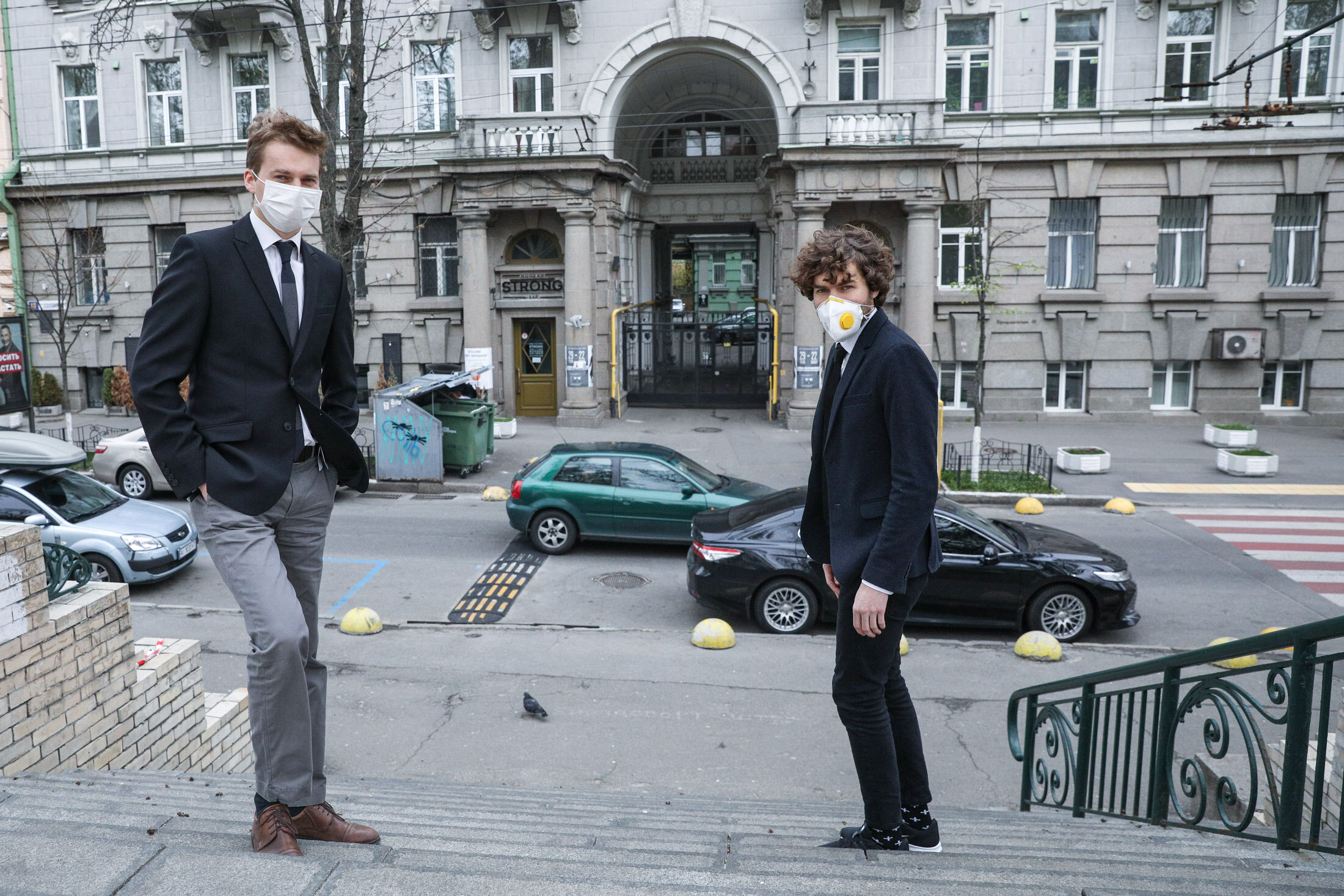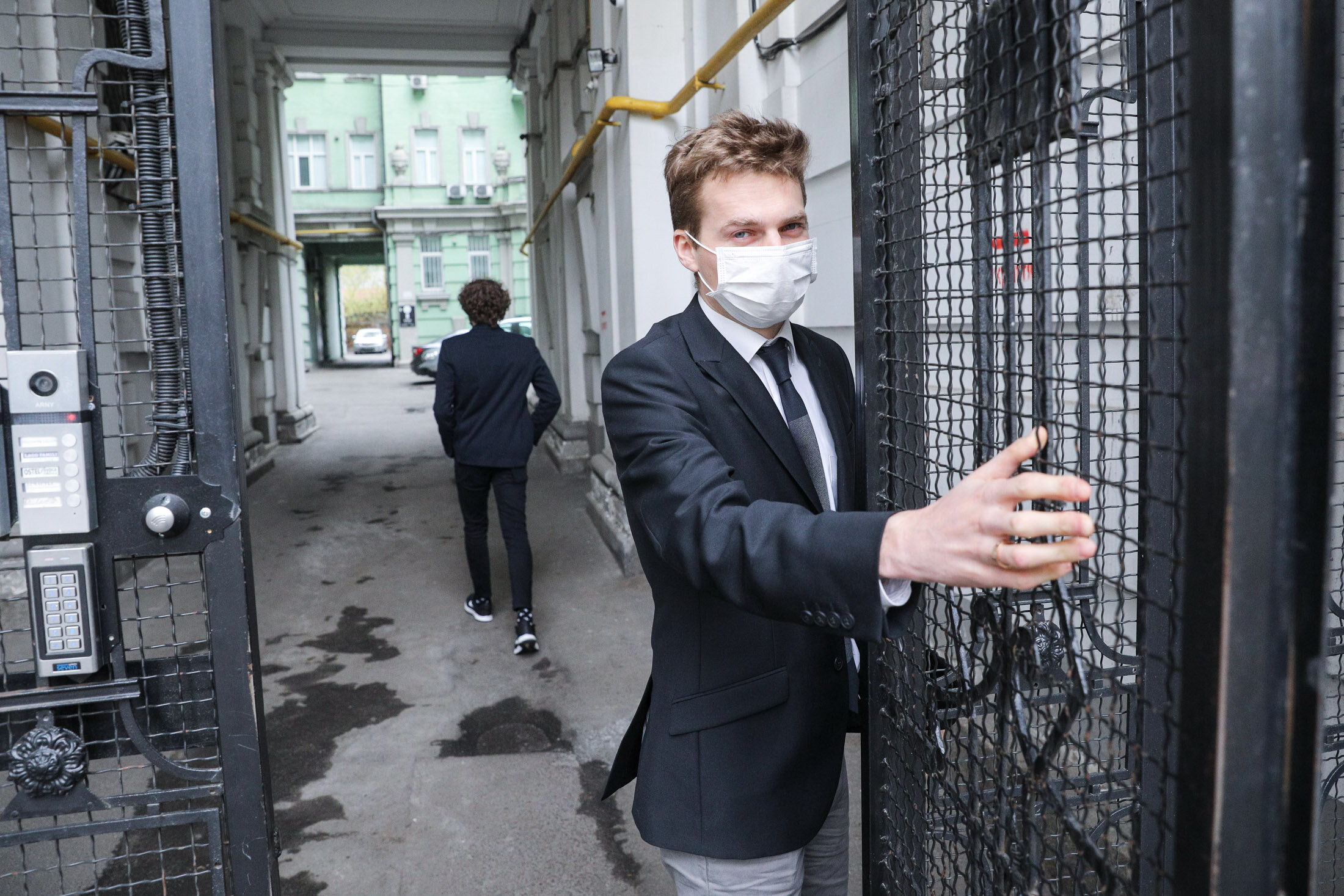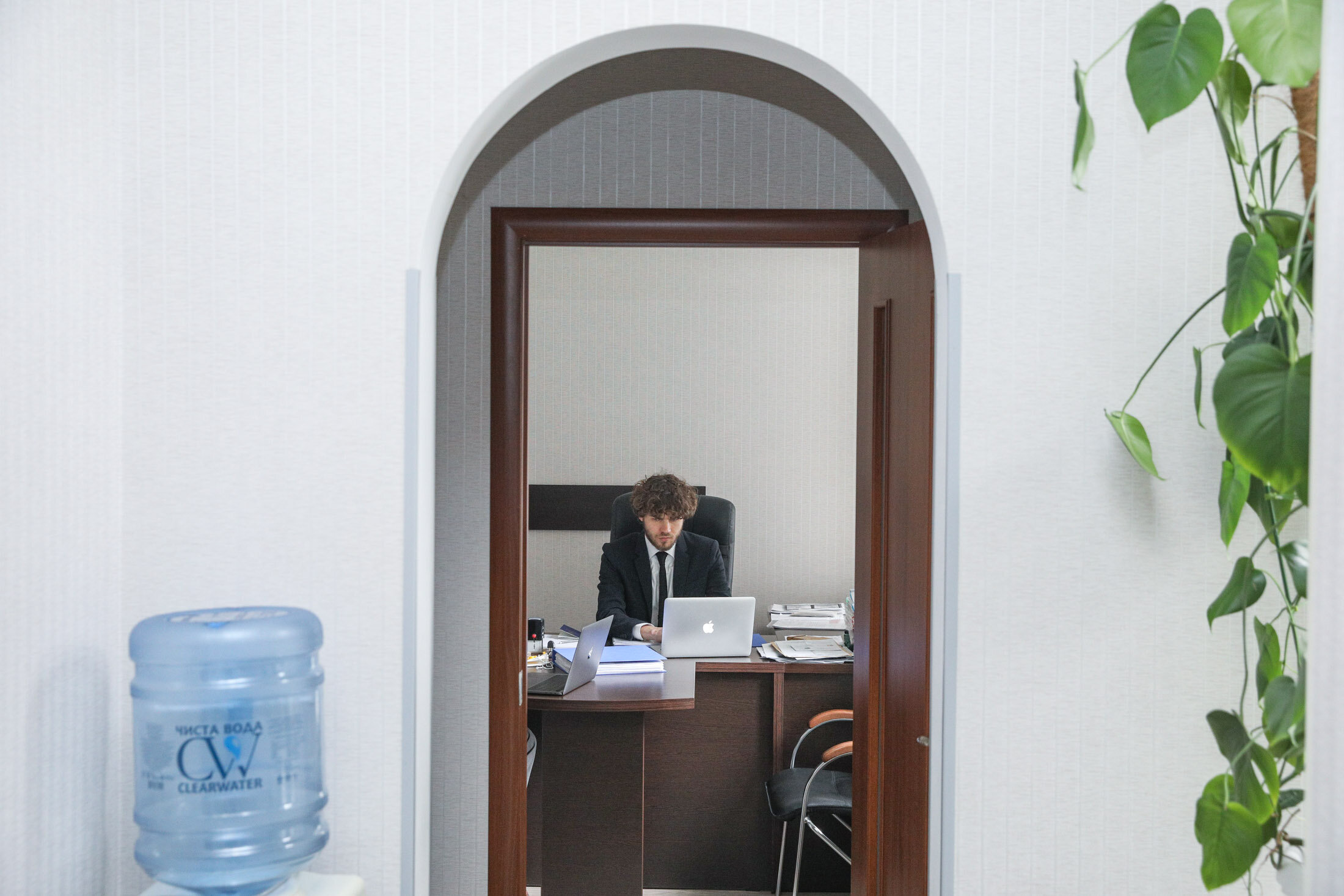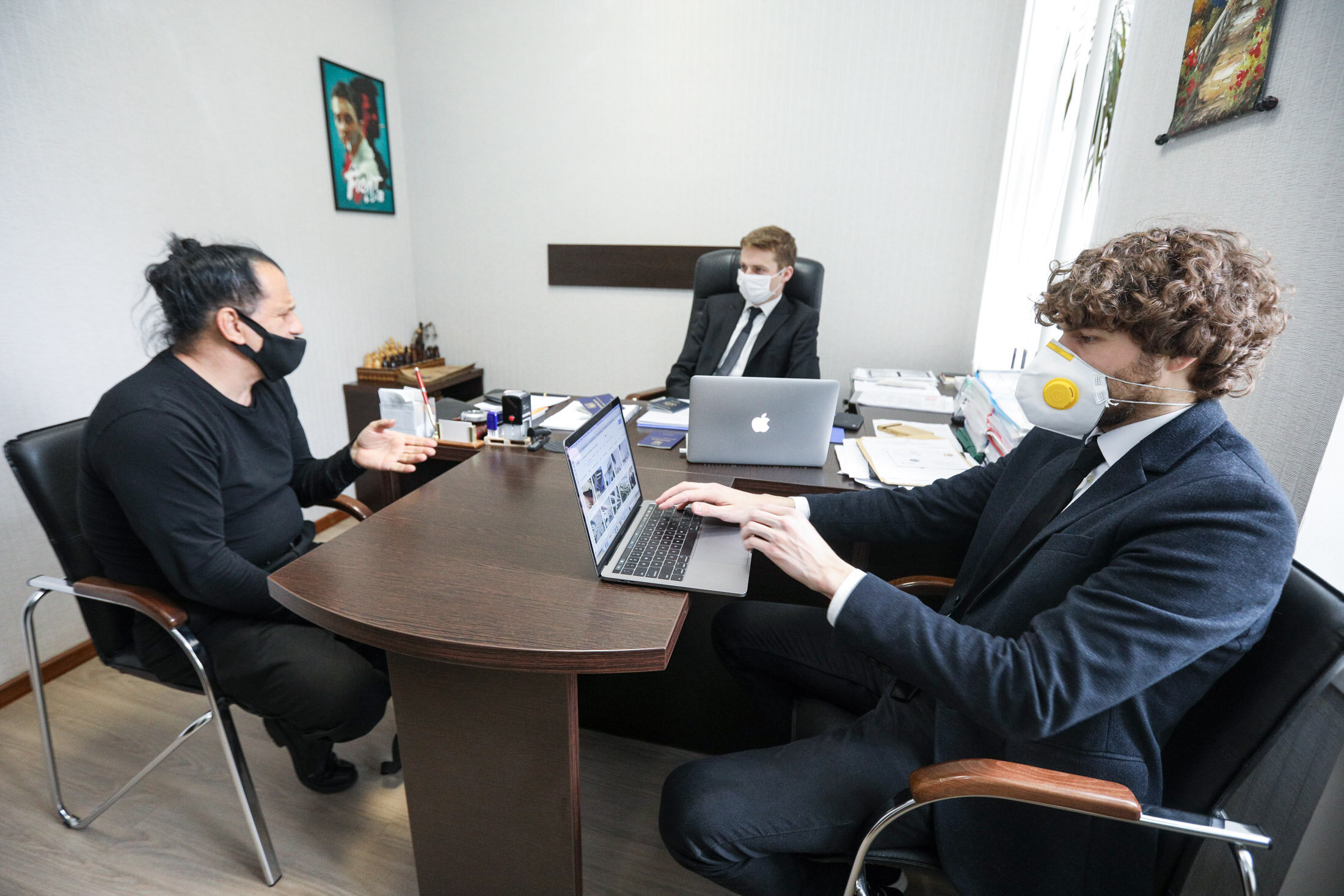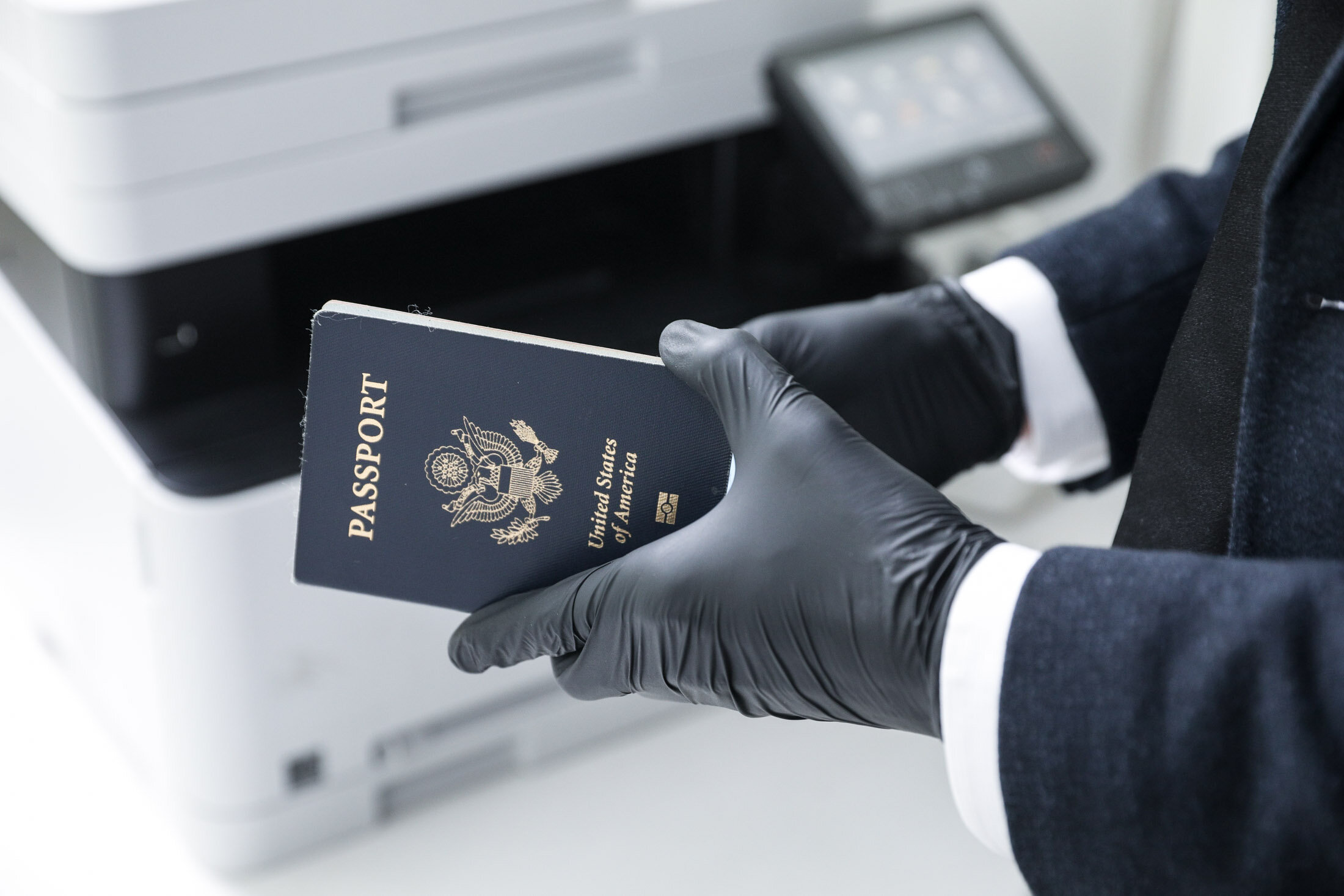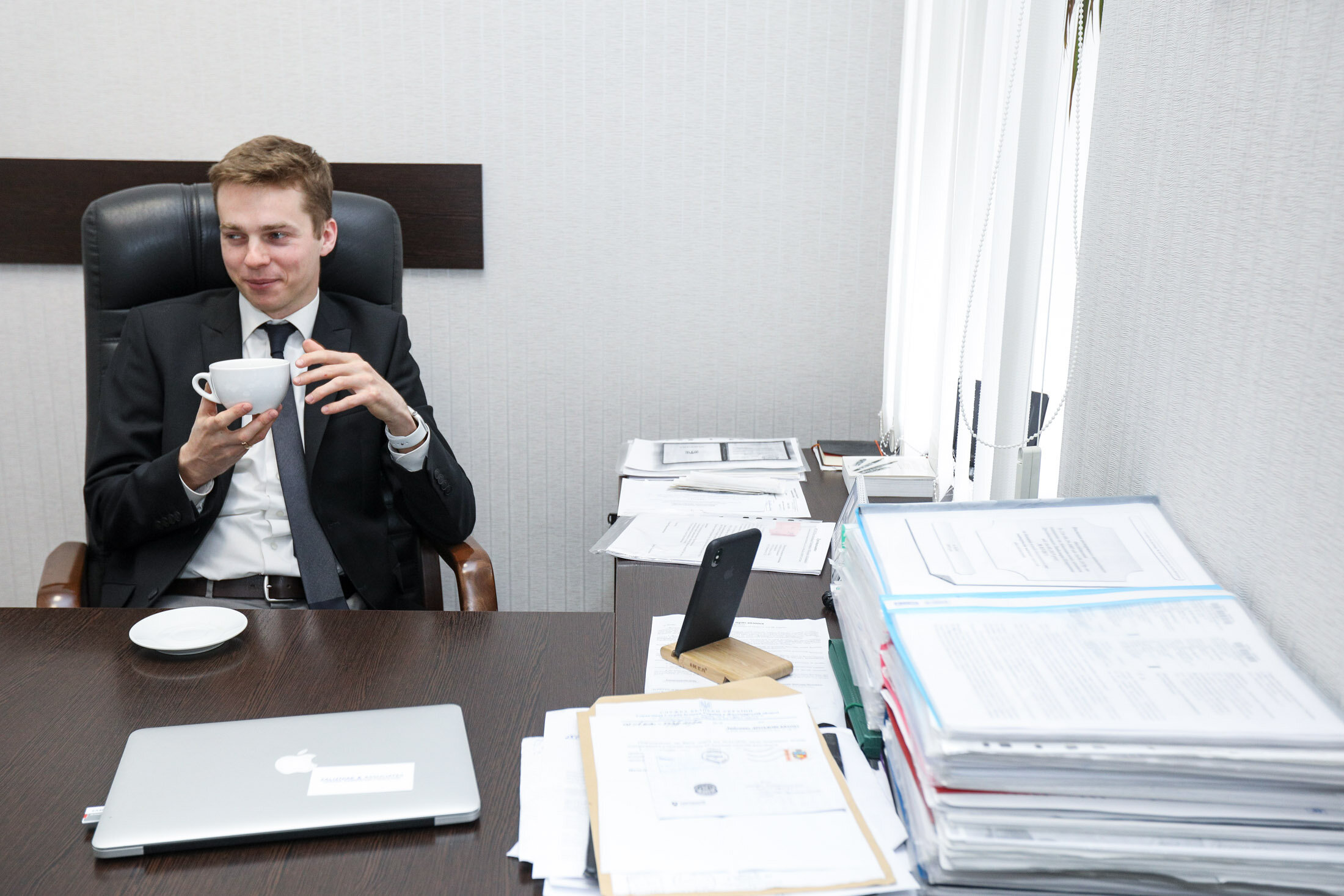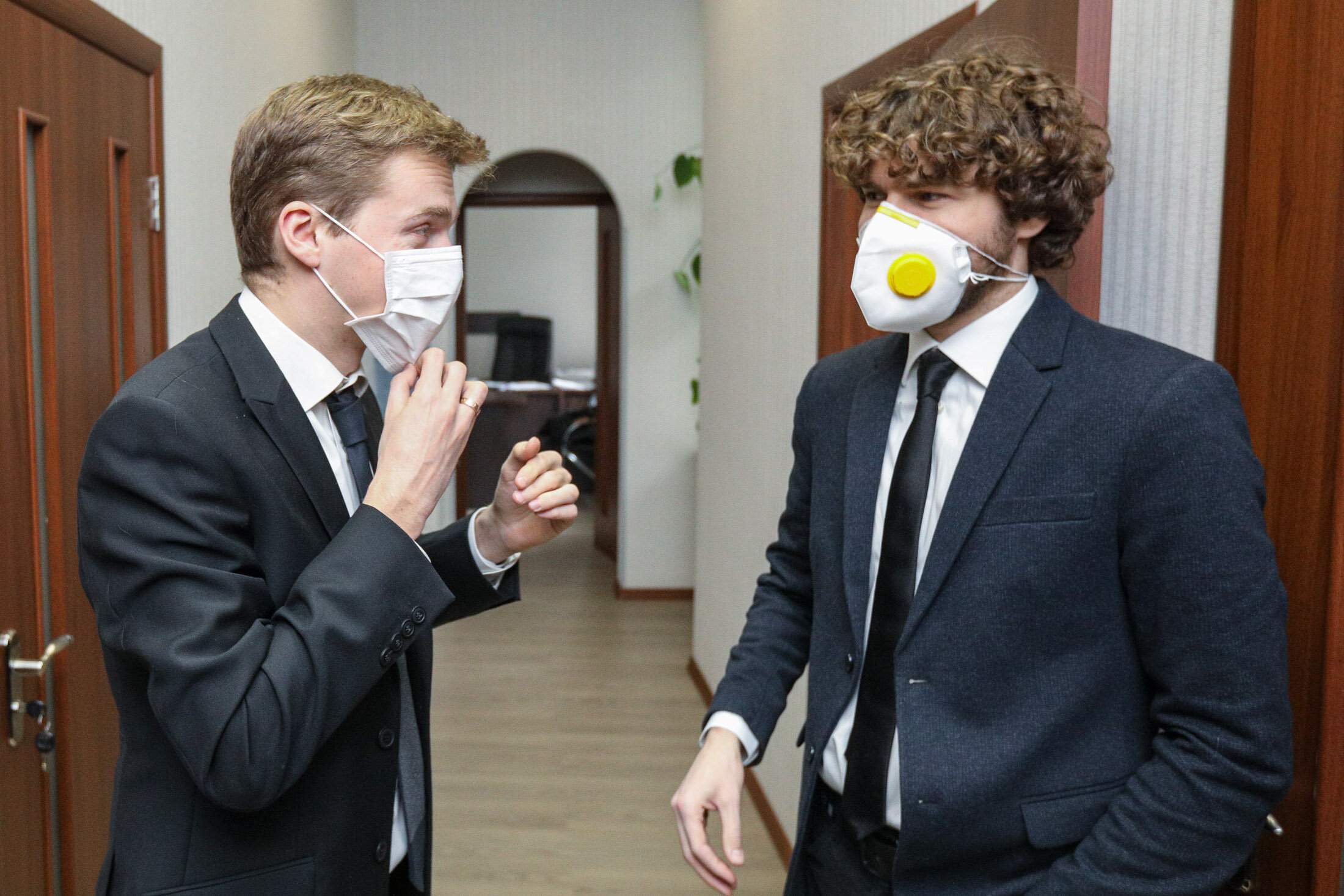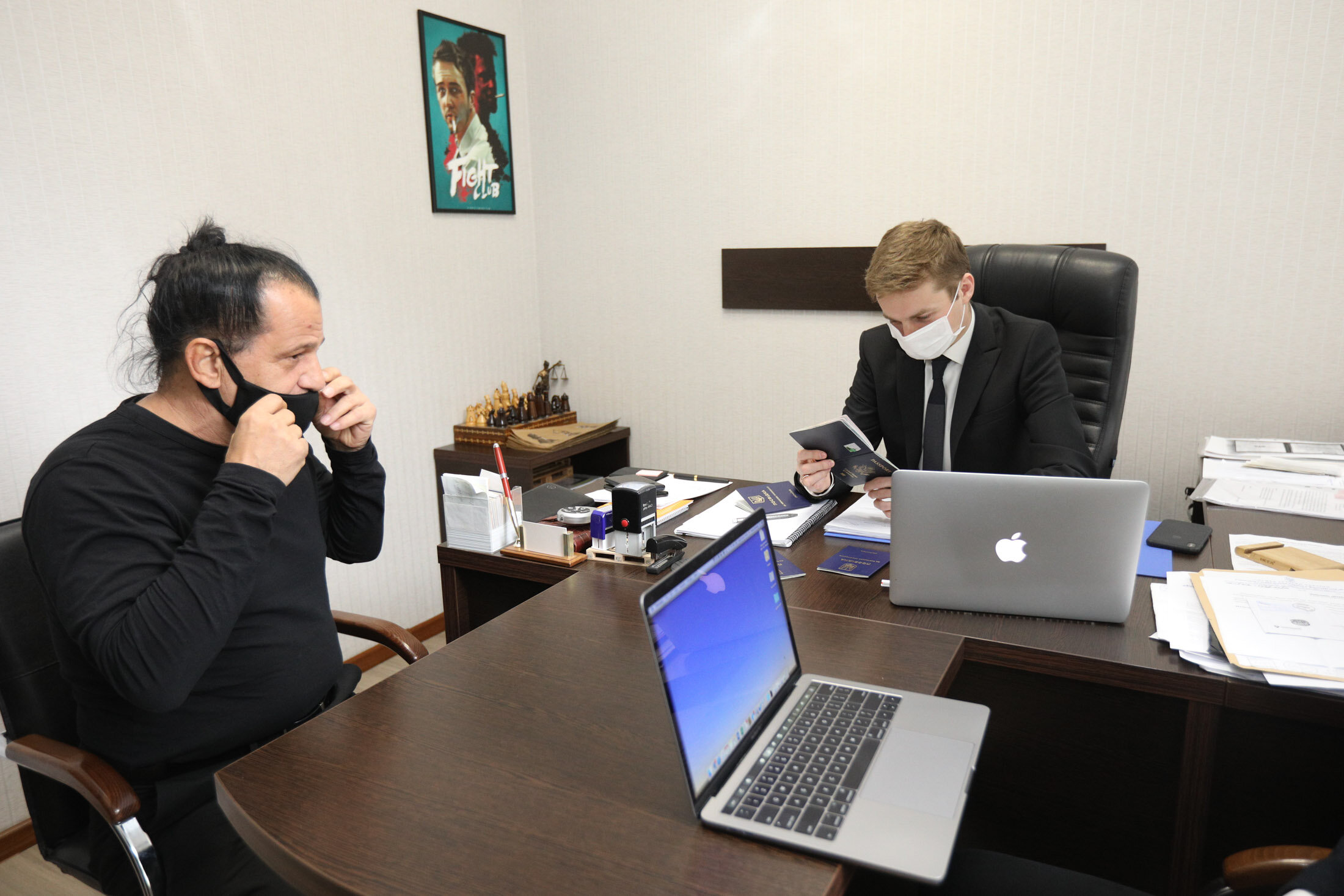Editor’s Note: Ukraine’s businesses are struggling after the country introduced nationwide restrictions on movement and travel starting on March 12. The restrictions have been strengthened since then and are set to last until at least April 24. Most businesses are closed with employees working remotely or not working at all. The exceptions include supermarkets, pharmacies, banks, parcel delivery services. The borders are closed to most forms of traffic, except Ukrainians returning by foot or by car. Most domestic transportation is closed or heavily restricted. Estimates range on how deeply the ensuing recession will harm Ukraine. The Kyiv Post talked with entrepreneurs about their daily struggles, asking how the quarantine has affected their ventures and what they are planning to do once it’s lifted.
We want to hear your personal story of survival during this national lockdown. Please contact us at [email protected]
Petro Zalizniak
managing partner at Zalizniak & Associates Ukraine Immigration Consulting, founded in 2011 to provide legal services for Americans and Europeans immigrating to Ukraine
“Our business is based on people’s freedom of travel and travel restrictions have made the basic human freedom of movement virtually impossible. We initially thought that our business would suffer due to such measures. However, reality has drawn a different picture. The structure of our clientele changed, as potential new expatriates had to postpone their plans. Still, another part of our clientele, the local expatriates, stayed in Ukraine. The uncertainty of the situation requires them to be in constant contact with their lawyers, to make sure that their actions comply with the current coronavirus-related immigration restrictions.
“All decisions in immigration are difficult as they have a direct impact on the lives and jobs of the clients. The government’s decisions in this field can separate families or can make the return of an expat to Ukraine impossible for a significant period of time. The coronavirus situation is unpredictable not only for our clients but also for the government. As immigration lawyers, our challenge is to make informed decisions that will affect an expatriate in the future, in a situation of legal uncertainty.
“We are doing everything to keep our business fully operational even when working remotely. I believe that once the quarantine is over and the restrictive measures are lifted, a considerable number of expatriates will flow to Ukraine. I trust this future demand will compensate for current potential losses.
“We are used to having clients all over the world and communicating with them via all available online tools. We are also available for personal meetings in our office only upon prior appointment, if the matter in question cannot be discussed online. We have already adapted to the quarantine measures. This will not affect the way we work significantly unless this extension exceeds several months.
“The commitment and responsibility before our clients undoubtedly motivate us to work even harder than before. People have a lot on their plates right now and the last thing they need is to inadvertently get in trouble with the immigration law. Even a minor mistake vis-à-vis the immigration authorities can risk disrupting their lives. Thanks to our work, our clients can stay in Ukraine legally and focus on their families and professional lives. It is important for us to be able to protect our clients in this connection and make their lives easier.
“We do not receive any help from the local authorities or the government. The best the government can do in these difficult times is to adopt an exceptional set of immigration regulations for the quarantine and post-quarantine times. So far the government has already amended several laws and adopted new regulations, which will aim at mitigating negative immigration outcomes of the quarantine.
“The government and local authorities have to keep doing their essential work, which is difficult at the times of this pandemic. Despite all the hardships, financial limitations and criticism from the public, the authorities have to make sure that immigration to Ukraine remains legally predictable with well thought-out rules and operational departments across the country.
“I believe that the local business community can use this time to improve their business and make it stronger, develop new services and try to move online. I believe that, for certain businesses, this might even be a very good and a unique moment to transform and grow.”
CORONAVIRUS IN UKRAINE: WHAT YOU NEED TO KNOW
- As of April 16: 116 people have died from COVID-19 in Ukraine; 186 people have recovered.
- As of April 11, 6 Ukrainians have died from the novel coronavirus abroad; 19 recovered. 172 are currently undergoing treatment abroad.
- 4,161 confirmed cases of COVID-19 in Ukraine as of early April 16. The first case was identified on March 3.
- Ukraine has extended its quarantine measures until April 24.
- Infographic of quarantine measures in place until April 24.
- The measures shuttered most everything but hospitals, supermarkets, pharmacies, banks, gas stations, and other critical enterprises.
- How the Ukrainian government has been responding: TIMELINE
- Misinformation on coronavirus is going viral in Ukraine.
- Foreign Ministry: What you need to know about traveling to and from Ukraine now
- Why the Kyiv Post isn’t making its coverage free in the times of COVID-19.
- Coronavirus stops the Kyiv Post’s print edition for now.
- Where to buy masks.
Effects on the economy:
- COVID-19 is already inflicting harm on Ukraine’s economy.
- Invisible Threat Lurks Undetected: Top stories from March 27, 2020 PDF edition.
- The former minister of economy says half a million Ukrainians may lose their jobs in the COVID-19 crisis.
